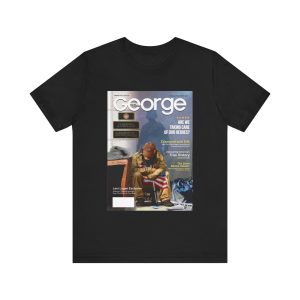

Prosecutors say Sanford Solny preyed on homeowners who were struggling financially. He now faces up to seven years in prison.
Sanford Solny, a real estate investor, was found guilty on Thursday of stealing the deeds to 11 properties across Brooklyn, in a case that has put a spotlight on schemes to defraud financially fragile homeowners out of their properties.
According to prosecutors, Mr. Solny, 68, targeted struggling homeowners who were on the brink of foreclosure and told them that they were eligible for a short sale — a transaction where the bank agrees to accept less than what is owed on the mortgage. Thinking they were walking away from debt, the unsuspecting homeowners — who were overwhelmingly Black or Latino — were instead signing away ownership to one of Mr. Solny’s many LLCs, while the crushing debt remained in their names.
Justice Danny Chun of the State Supreme Court in Brooklyn found Mr. Solny guilty of 13 counts, including criminal possession, grand larceny and scheme to defraud, after a bench trial that began in December. At the same time, the judge did not find him guilty of the more serious degrees of the charges. Mr. Solny and his various LLCs had faced a total of 74 counts.
Mr. Solny, a former lawyer who was disbarred in 2023, faces three-and-a-half to seven years in prison for the most serious charge and less time for the others. But the judge indicated that he did not plan to sentence him to consecutive sentences, meaning that the longest Mr. Solny is likely to spend in prison is seven years. He will remain free until his sentencing in the fall, the judge ruled.
Prosecutors argued unsuccessfully that Mr. Solny is a flight risk because he could cash out any of the dozens of other homes he owns — a total of 240 properties — to fund his escape. If he fails to show up for his sentencing, the judge warned, Mr. Solny could serve his sentences consecutively, effectively a life sentence.
For the families whose lives were upended by the theft of their homes, the conviction represented a decade-long battle — and was too little too late.


![Enjoy the [Road] Show Travel Mug with Handle, 14ozEnjoy the [Road] Show Travel Mug with Handle, 14oz](https://georgemagazine.com/wp-content/uploads/2024/08/479070202831754764_2048-300x300.jpeg)
